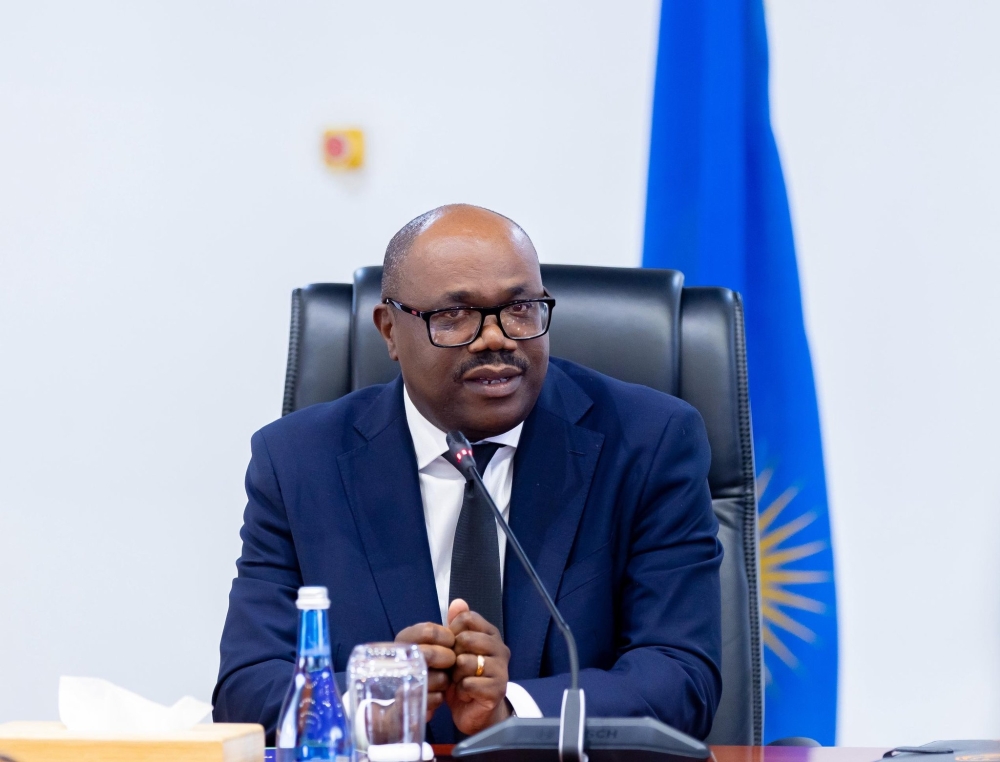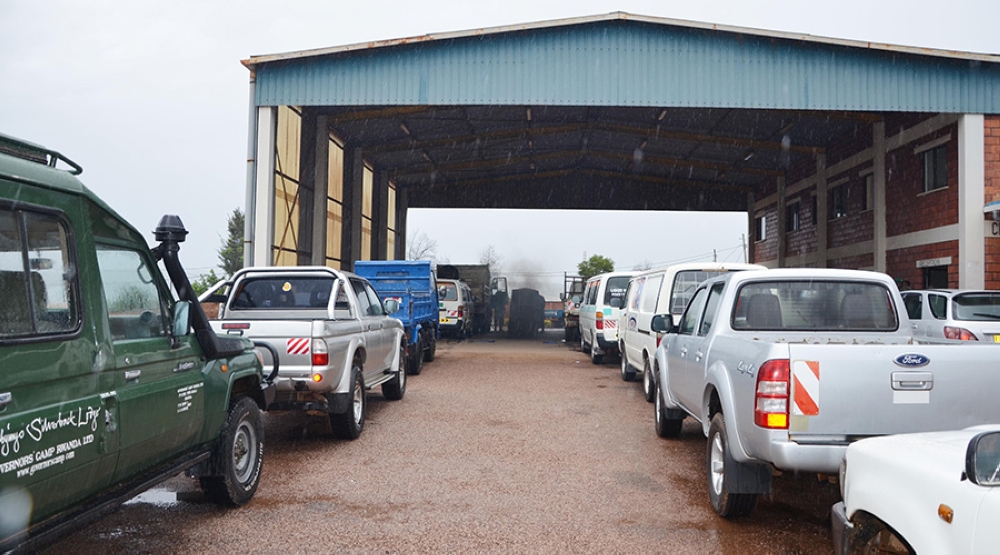Many foreign observers closely following the Rwandan evolution, have always expressed wonder at the country’s quick recovery. But the answer to the head-scratching enigma can sometimes be explained by simple but powerful stories, of sub-human sacrifices for the common good. A mother who can forgive the killer of her three children, sit with and work closely with him, best illustrates the Rwandan mindset, the inner strength that has driven this country.

Many foreign observers closely following the Rwandan evolution, have always expressed wonder at the country’s quick recovery.
But the answer to the head-scratching enigma can sometimes be explained by simple but powerful stories, of sub-human sacrifices for the common good.
A mother who can forgive the killer of her three children, sit with and work closely with him, best illustrates the Rwandan mindset, the inner strength that has driven this country.
This is a product of government policies to bring both the victims and perpetrators together, to re-sew the social fabric in a sea of genuine attrition on the side of genocidaires, and a willingness by victims to let bygones be bygones.
There are hundreds, if not thousands of similar stories in all corners of the country; of people who have risen above extreme grief and despair, to contribute the little they have for the sake of their communities.
Every year, the country garners more strength to conquer the challenges thrown its way. But a bigger challenge awaits; changing the mindsets of the genocidal elites who drove the Genocide and are still intent on propagating its ideology.
Among this group are Rwandans and foreigners who have found no courage to eat humble pie and emulate the poor villagers in Bugesera or Nyamagabe and conquer their ghosts.
But even if they remain adamant with their hate ideologies, satisfaction comes in knowing that our children’s future of growing up in a united and forgiving society is guaranteed, all because of an extraordinary feat such as that of the poor couple who chose to move on.






